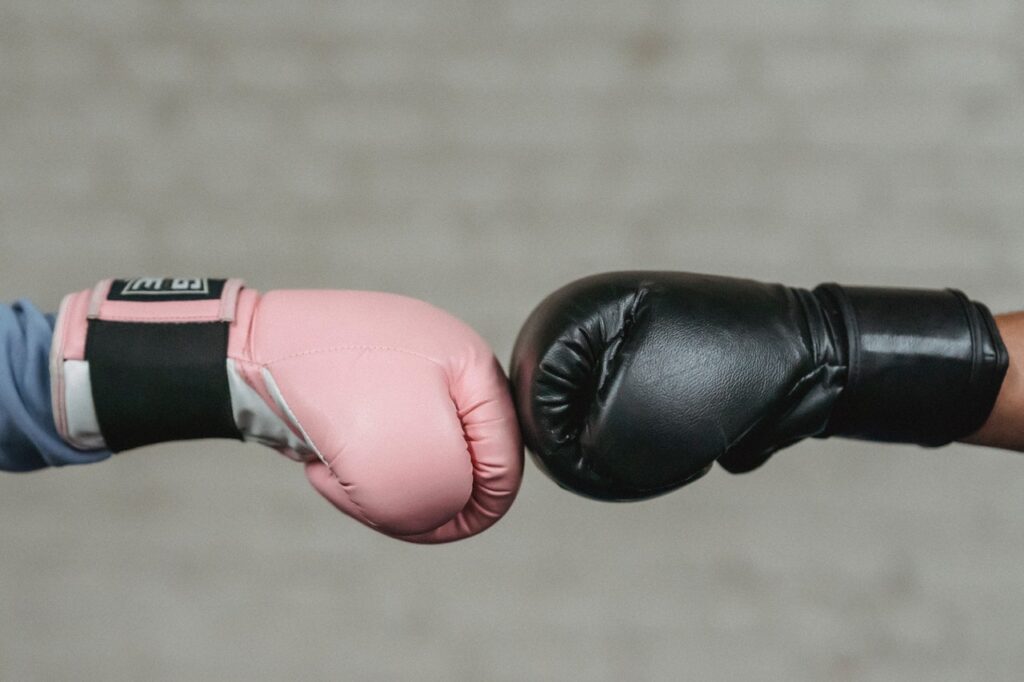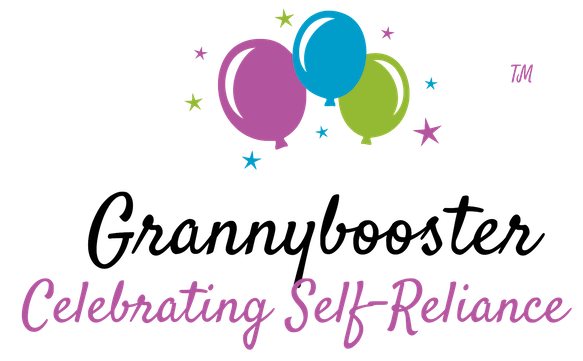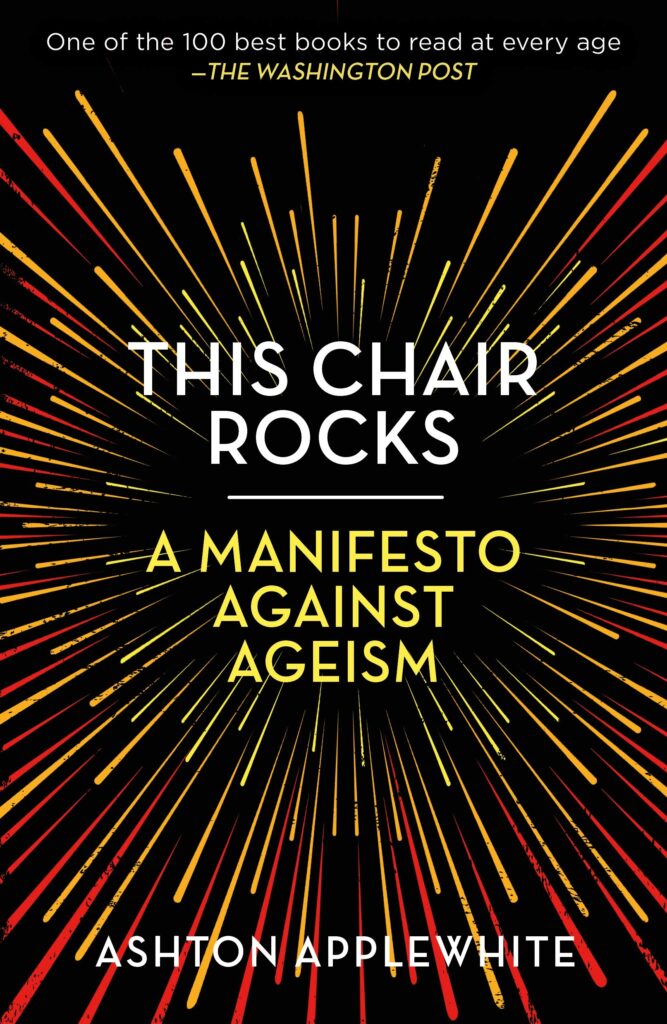
I don’t think that my husband and I look our age. At least we look good and, happily, we look healthy. This isn’t by accident. We’re scrupulous about diet and scheduling routine medical tests. We’ve consistently worked out with weight-bearing exercise and cardio since 1987. Still, we’re constantly reminded that we’re old; not “older,” but old. Please don’t get me wrong. I appreciate my good health as the years advance; not everyone is so blessed. I express gratitude when well-meaning people rush to my aid, but the price of that is high because it suggests age-related dependence. The other day, my husband was pushing our grocery cart toward the car when a young woman offered to help us over a speed bump. While it’s a lovely gesture, the frequency with which it occurs makes it implicit that we are old and weak and need help getting the cart over a bump.
We still get offhanded remarks from young people that reveal their institutionalized prejudices. Surely, some of you have heard a stranger whisper to another that you must have been beautiful when you were young. Or, “Gee you look good for your age.” I don’t know about you, but no one I know received that remark at age 25.
In Ashton Applewhite’s excellent book This Chair Rocks, a manifesto against ageism, she touches on the need for “olders,” as she refers to us, to repudiate people’s ageist comments by politely asking them why they said it. She offers a bunch of other satisfying retorts.
Equally off-putting are personnel in the public service sectors who speak unreasonably loudly to older people. It’s most apparent in the voice inflections that are akin to an adult speaking to a child.
I honestly don’t believe that people engaged in this ageist behavior realize they’re doing it. But, that makes it worse, because their responses are learned and integrated into their social behavior to be passed on to others. I bristled at a young contract care worker at my sister’s home, recently, who was surprised to find out that my sister and I are twins. She expressed sympathy on finding out that my sister has dementia, then she blurted out “if you’re twins, why does she have dementia and you don’t?” Rude, yes, but I don’t expect much grace from the public these days.
Many women of a certain age will tell you that they feel invisible after age 50. It’s worse for women who live in entertainment and media centers such as Los Angeles. For older single women looking for companionship, there are slim pickings, here, indeed. Hey, this is the film capital of the world, so if you’re a man why settle for someone of your own generation, when you have a huge field of fecund youth from which to select.
The examples I’ve given here are just irritating, but the influence that ageism has on healthcare is serious. Although our country rejects healthcare rationing, it sometimes becomes apparent when health professionals prescribe routine patient tests covered by insurance. A 50-year-old patient with a predisposition for polyps may receive a colonoscopy every five years, but an 86 years old with the same condition may only receive an occult fecal test. While there are certainly sound medical reasons for this, not the least of which is a risk of bowel perforation – risks of colonoscopies for the elderly – the healthcare community is often reluctant to slate non-invasive but expensive tests for olders whom they deem to be in decline. It behooves families or advocates of the elderly to ask the treating doctor questions about the efficacy of medical procedures and tests, and prognosis, so that they can become involved in the patient’s care decisions.
Involvement in healthcare takes on special importance in senior living care. My twin sister lives in a managed care facility due to stroke-induced dementia, and while she has excellent care at UCLA Medical, she is facing the consequences of a necrotic wound on her ankle. Her wound care physician explained that in such places, the caregivers often overlook residents’ injuries, because employees are overworked and sometimes paid, poorly. Had this gone to her bone, it could have been much more serious. This is where the absence of vigilance and advocacy can sometimes mean the difference between life and death. It’s also the distinguishing factor between those irritating demonstrations of ageism and those that can actually harm we “olders.”
We want to hear from you, so feel free to share tips, ideas, and resources for seniors with Grannybooster. Email me, Maris Somerville, at [email protected]



Leave a Reply